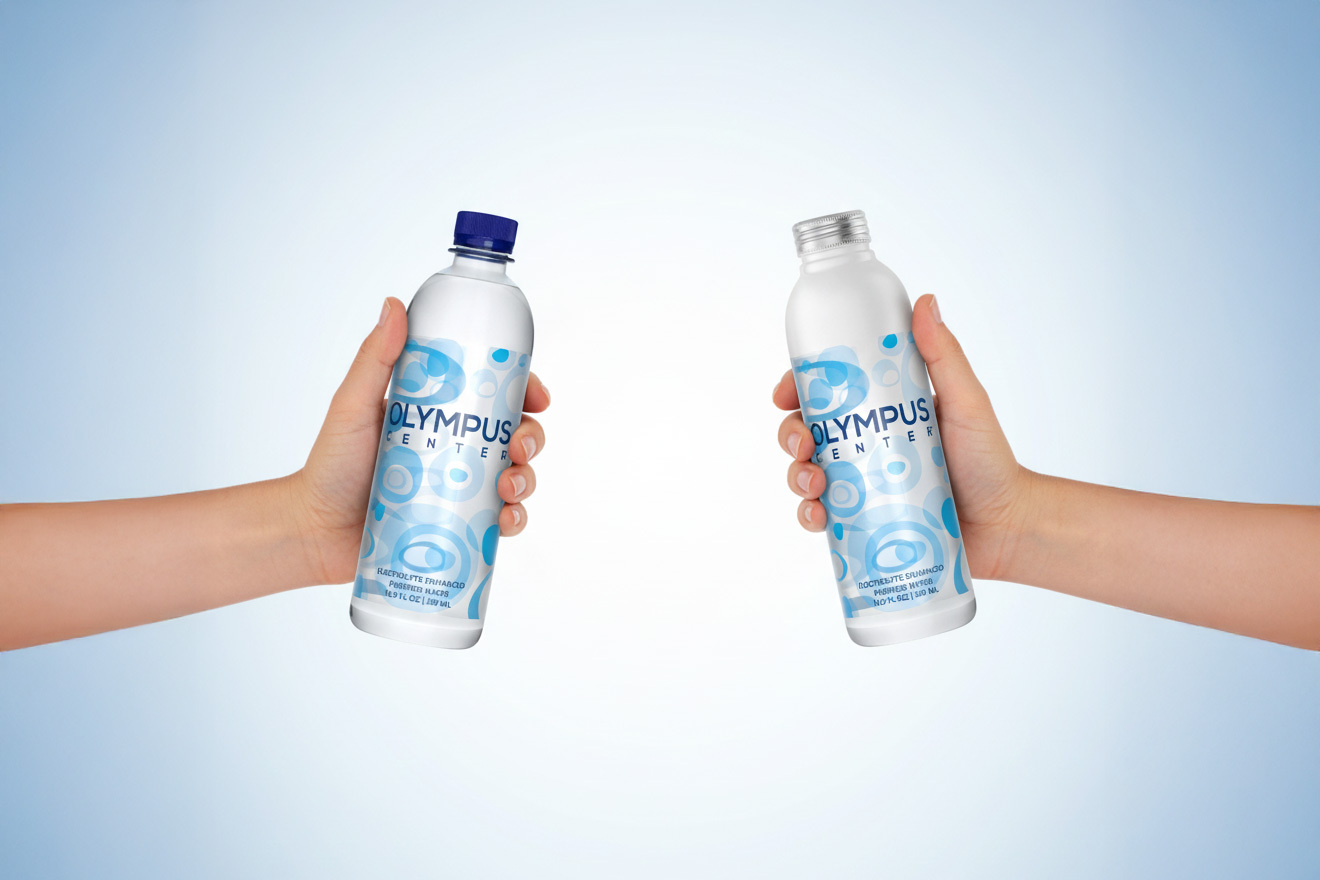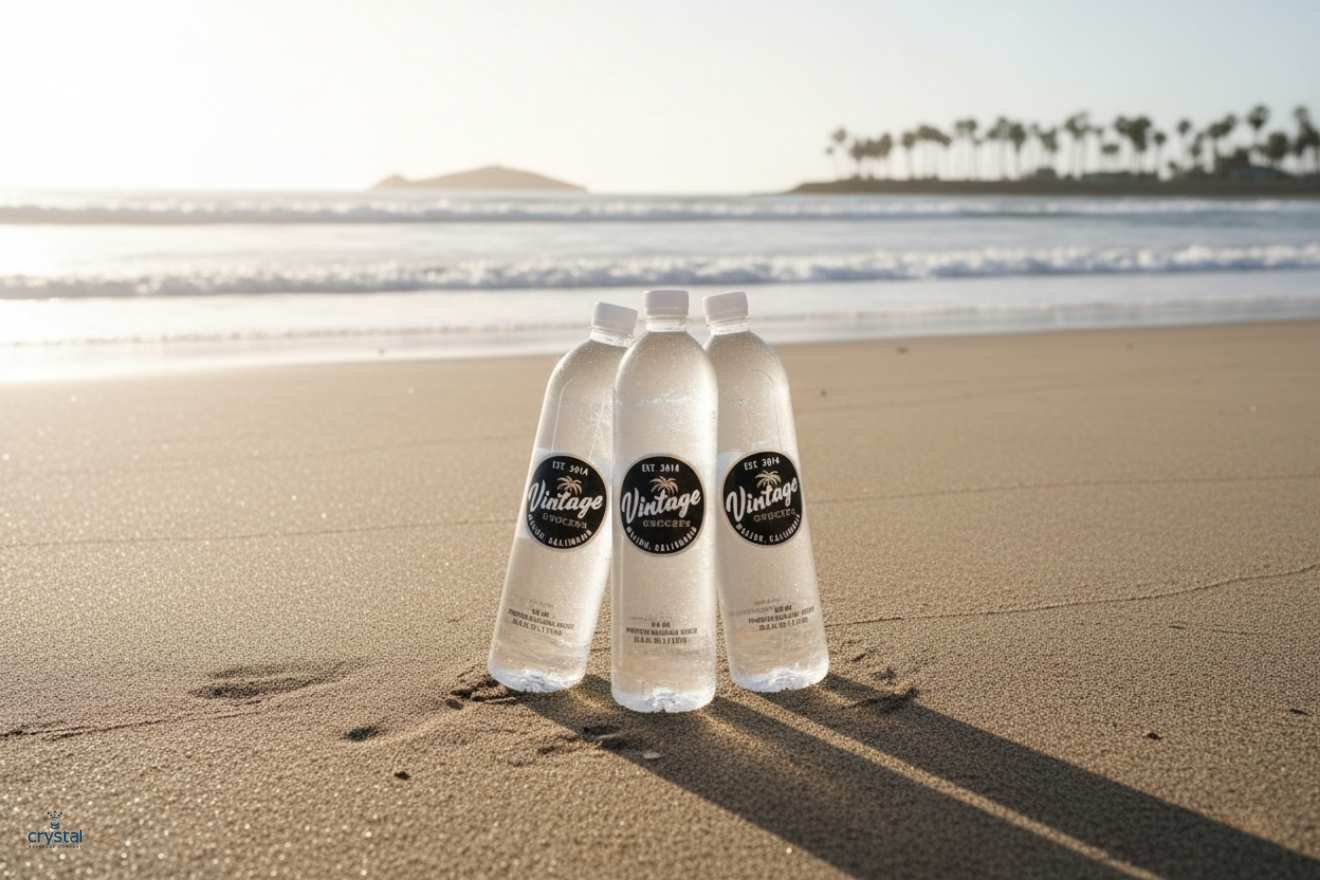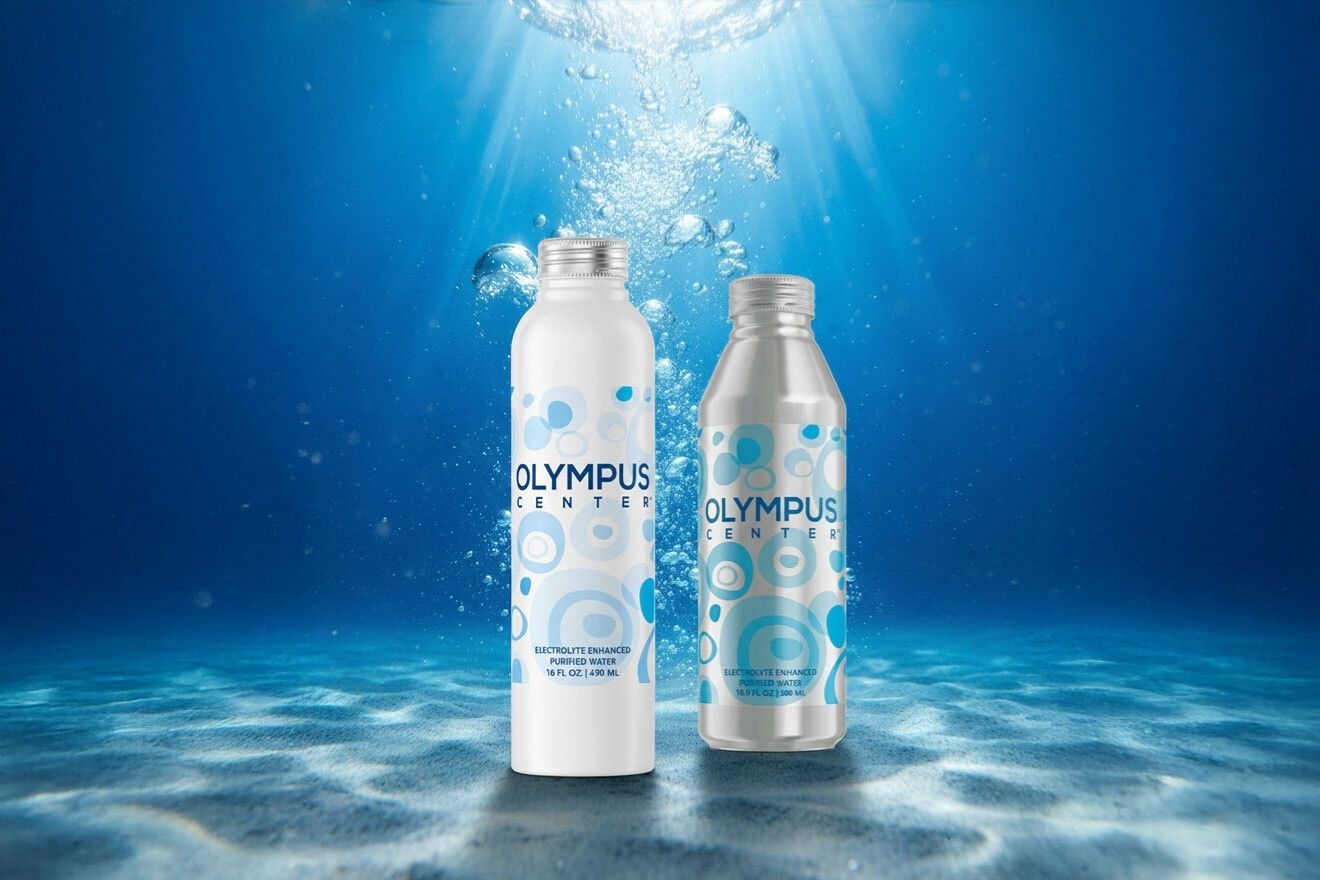Recycling Tips, Facts And Misconceptions


We all know what recycling is and have a general idea of what happens during the process, but you might be wondering, is it worth it? What difference does it make, if any? The straightforward answer is yes, and more than you would think!
A lot of us take the time to sort out our recycling and either put it out to be collected or take it to a facility yourself, depending on where you live.
Some of us just throw everything in the garbage because they do not have the time (or do not want to make the time) to sort out their recyclables. Alternatively, they may think, why bother? A lot of it is going to the landfill anyway!
Unfortunately, in some cases this is true but it is not all bad news. Recycling is still worthwhile. Many otherwise recyclable items go in the landfill because they were not properly sorted or washed.
It might sound like a lot of hassle to do this but it gets easer once you get in the habit of it. A lot of recycling facilities and collection services require a simple rinse plastic (no visible dirt) when it comes to glass, aluminum cans. The next step is proper sorting of the items according to basic materials.
We are going to be sharing some recycling facts, giving some tips, and addressing misconceptions about recycling.
RECYCLING FACTS
First, we will start with some recycling facts:
● Only 21% of people in the US participate in recycling
● 75% participation in recycling would have the equivalent of removing 55 million cars off the road each year
● Enough plastic bottles are recycled each year to circle the earth 4 times
● In a lifetime, the average American will throw away roughly 600 times their weight. To put this into perspective, a 150-pound adult will leave behind 90,000 pounds of trash.
As we all know, recycling is important in that it ultimately helps look after the environment. We have heard this many times, but sometimes we need a more detailed explanation to put this into perspective.
Simply put, even with a small portion of people that recycle, the impact would be huge. It would be amazing if more of us did!
Now, for more fun facts. The statistics below paint a more vivid picture on the impact on energy consumption during recycling vs. creating new material.
ALUMINUM RECYCLING
Recycling 1 ton of aluminum:
● Saves 14,000 kWh of energy
● Saves 39.6 barrels or 1,663 gallons of oil
● Saves 237.6 million BTUs of energy
●Saves 10 cubic yards of landfill space
STEEL RECYCLING
Recycling 1 ton of steel:
● Saves 642 kWh of energy
● Saves 1.8 barrels or 76 gallons of oil
● Saves 10.9 million BTUs of energy
● Saves 4 cubic yards of landfill space
CARDBOARD RECYCLING
Recycling 1 ton of cardboard:
● Saves 390 kWh of energy
● Saves 1.1 barrels or 49 gallons of oil
● 6.6 million BTUs of energy
PAPER RECYCLING
Recycling 1 ton of paper:
● Saves 4,100 kWh of energy
● Saves 9 barrels or 380 gallons of oil
● Saves 54 million BTUs of energy
● Saves 3.3 cubic yards of landfill space
● Saves 7,000 gallons of water
● Saves 60 pounds of air pollutants from being released
● Saves 17 trees from being cut down
Plastics Recycling
Recycling 1 ton of plastics:
● Saves 5,774 kWh of energy
● Saves 16.3 barrels or 685 gallons of oil
● Saves 98 million BTUs of energy
● Saves 30 yards of landfill space
GLASS RECYCLING
Recycling 1 ton of glass:
● Saves 42 kWh of energy
● Saves 0.12 barrels or 5 gallons of oil
● Saves 714,286 BTUs of energy
● Saves 2 cubic yards of landfill space
● Saves 7.5 pounds of air pollutants from being released
DEBUNKING COMMON RECYCLING MYTHS
There are a few common myths about recycling that you have probably heard or might believe yourself. We have mentioned a few in the previous section.
1. The first myth is that recycling requires more energy when compared to creating something new. This is in fact not true.
2. The second misconception is that wrongful sorting of recyclable materials can do more harm than good. It is important to sort to the best of your ability, but it certainly will not do more harm than good if an item was misplaced or not fully rinsed. Recycling facilities have a system where it accommodates and rectifies a small margin of error from the wrongly sorted or unwashed items.
3. The third and final myth about recycling that we will be addressing is that all recyclables eventually end up in the landfill anyway. While it’s unfortunately true, as plastics have a limited number of times they can be melted down and recycled, some of them do. The positive spin to it all is that some metals, such as aluminum, can be recycled indefinitely.
Even though plastics can only be recycled a certain amount of times, any positive impact we can make through recycling matters and does make a difference.
THE BEST RECYCLING TIPS
Now that we have covered recycling facts, the positive impact it can have on the environment, myths, and misconceptions, let us move on to applicable tips for recycling. This special feature ensures effective recycling of your trash and, therefore, not end up in the landfill.
1. CARDBOARD RECYCLING TIPS
● Remove all plastic wrap and other materials that are in the box, such as Styrofoam or polystyrene peanuts
● Smaller boxes are fine to put in as is but to save space, break down larger boxes
● Throw out any cardboard that has food on it, such as a pizza box
2. PAPER RECYCLING TIPS
● Magazines, catalogs, phone books, brochures, direct mail, pamphlets, and booklets are all recyclable, as well as, cereal, cracker, chip, and cake boxes
● Make sure you remove any liners and food crumbs and flatten any boxes
● Tissue, waxed and carbon paper are not recyclable
3. ALUMINUM RECYCLING TIPS
● Aluminum bottles and cans can be crushed or left as is
● Rinsed out cans are less likely to stink and attract bugs, especially in the summer
4. STEEL RECYCLING TIPS
● Rinse any food or liquid away
● If you need to save space, cans can be crushed
● Labels can be left on since they get burned off during the melting process
5. GLASS RECYCLING TIPS
● Rinse any liquid or food away
● You don’t need to remove the labels as they will be, either, burned off during the melting process or removed during the crushing process
● Avoid breaking the glass yourself and mixing broken colors, as they may not be able to be recycled
6. PLASTICS RECYCLING TIPS
Quick reminder, not all plastics are the same! You can generally find out what type of plastic it is by looking at the bottom of the bottle, jug, or container.
The below examples of plastics are recyclable:
● (PET) soda pop bottles, cooking oil bottles, and peanut butter jars
● (HDPF) milk, juice and water bottles, bleach and detergent bottles, margarine tubs, and some grocery bags
● (PVC) window cleaner bottles, cooking oil bottles, and detergent powder containers
● (LDPE) food packaging, shrink wrap, carryout bags, and heavy-duty bags
● (PP) butter and margarine tubs, yogurt containers screw-on caps, and drink straws
● (PS) this material is not Foam cups or packing material. This is a Dow Chemical brand trademark that includes cutlery and plates, foam coffee cups, egg cartons, meat trays, and yogurt containers
● (Others) This category includes squeezable syrup and condiment bottles and microwavable food trays
● As with other recycling items, rinse out any liquid and food. For yogurt containers, peanut butter jars, and margarine and butter tubs, a spatula works well to clean them out thoroughly
REDUCE, REUSE, RECYCLE
Recycling is not complicated, or as difficult, as you might think. For plastic bottles or containers, aluminum, and steel cans a simple rinsing goes a long way. You can also flatten paper boxes!
If you are ever unsure whether something is recyclable or how to sort it, you can check out your local waste management facility's website or app.
Recycling may not be perfect, but it does make a positive impact on energy consumption. This is mainly attributed to having less need for new products, therefore, less material sitting in a landfill.
We cannot control what other people do or do not do, but we can embrace small actions that eventually culminate to a big impact. Even though it may not seem like it at that moment.
So, do not feel bad if you have never recycled before or thought that it will not make a difference. It is never too late to start and it does make a difference!
We all should care about looking after our environment. Some resources are finite and some of the materials we dispose of negatively affect the ecosystem. Our disregard to nature affects our oceans, the animals and fish in them, and ultimately the animals on land and ourselves.
So, not only are we looking after the planet by recycling, but also the other living creatures and humans we share it with.
If you already recycle, well done and keep up the good fight!






